Behind TIME’s Teen Anxiety Cover With Lise Sarfati

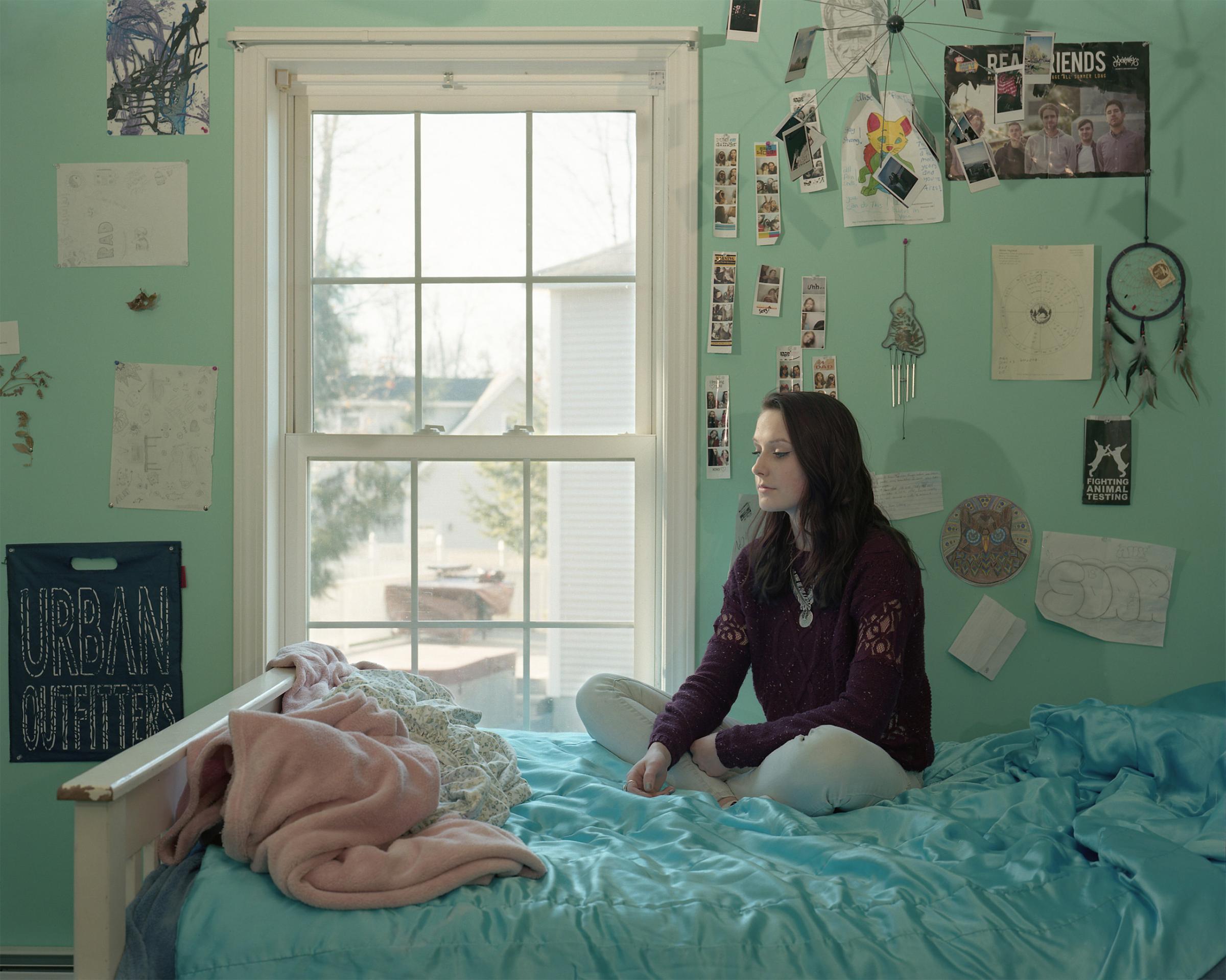

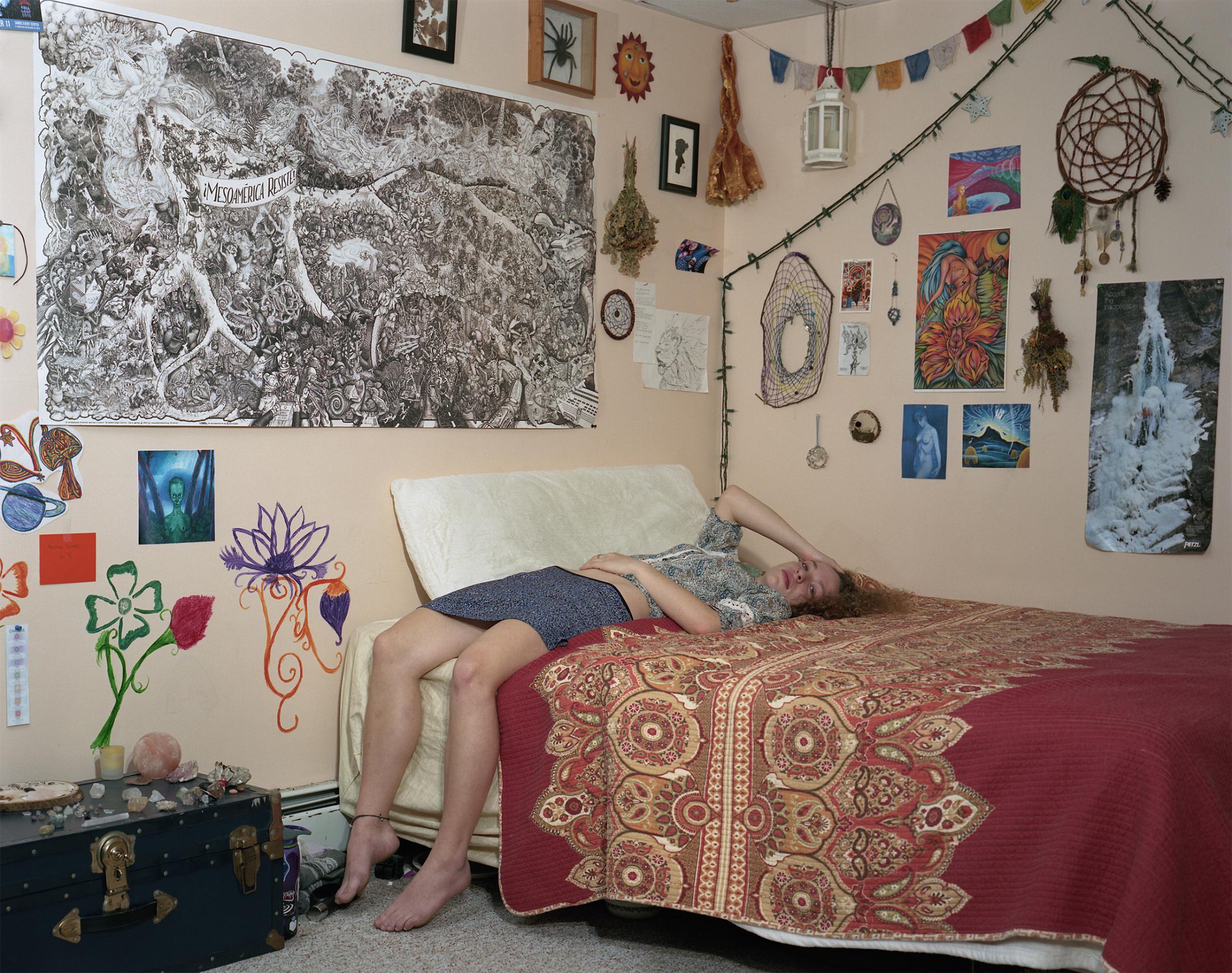
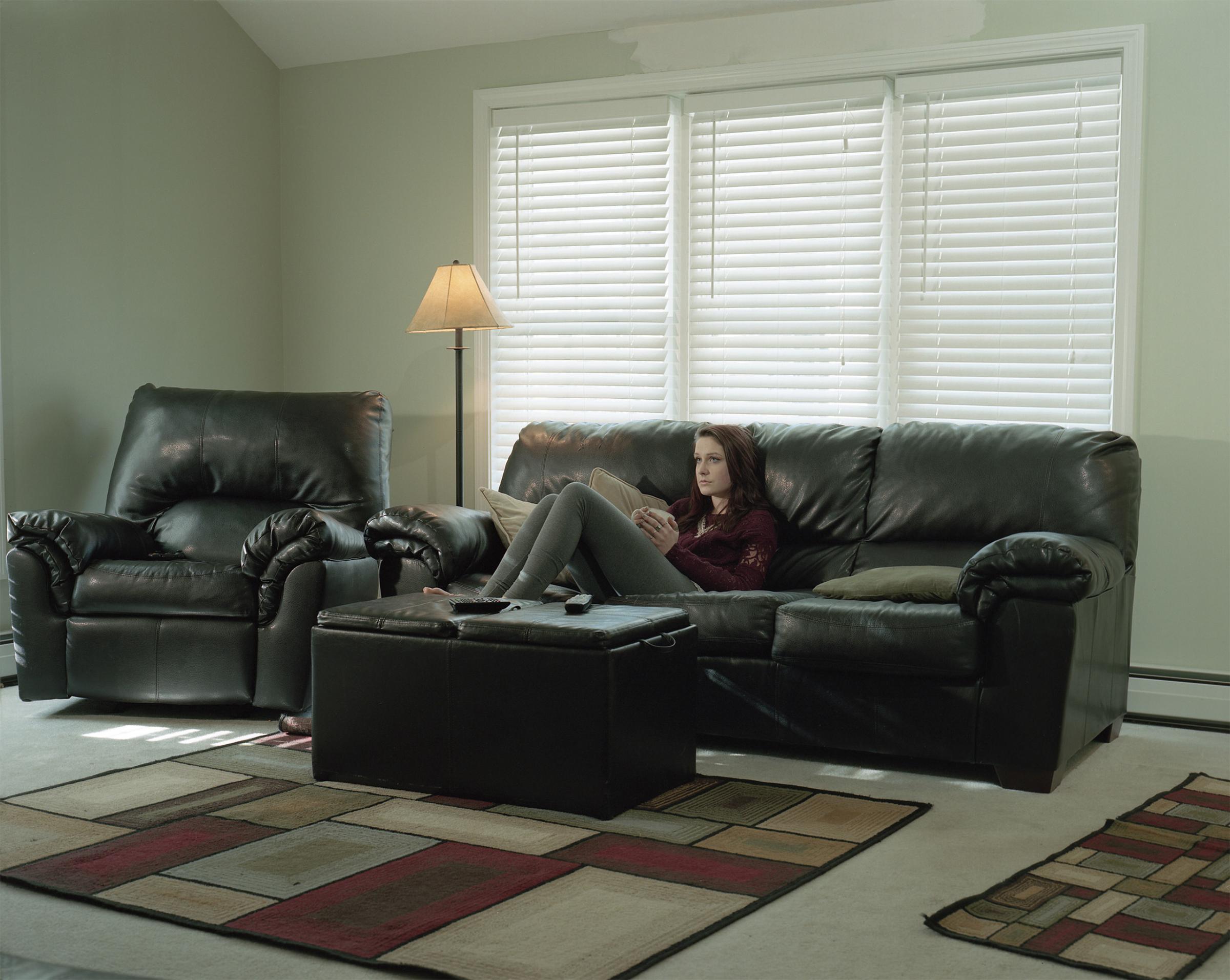
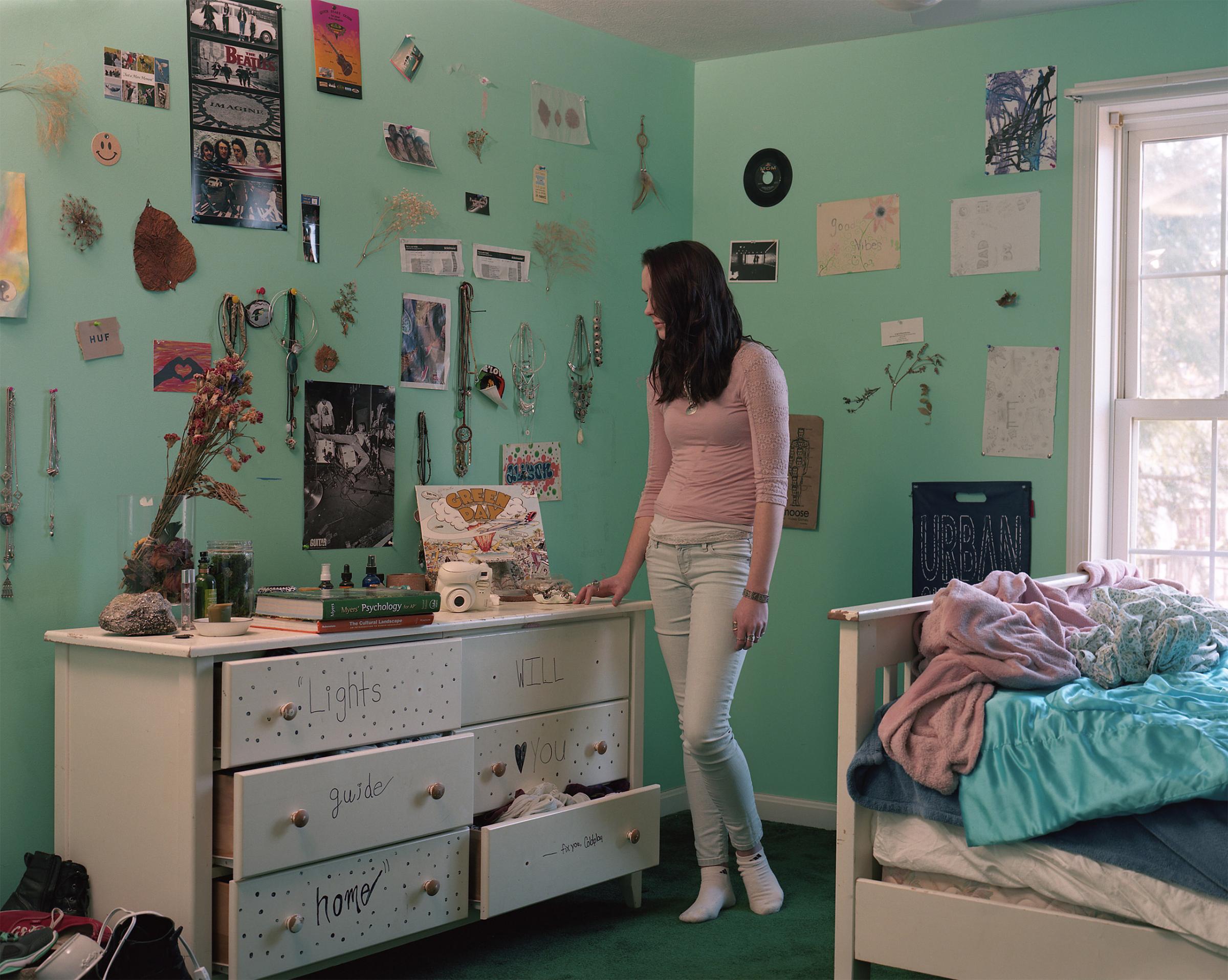
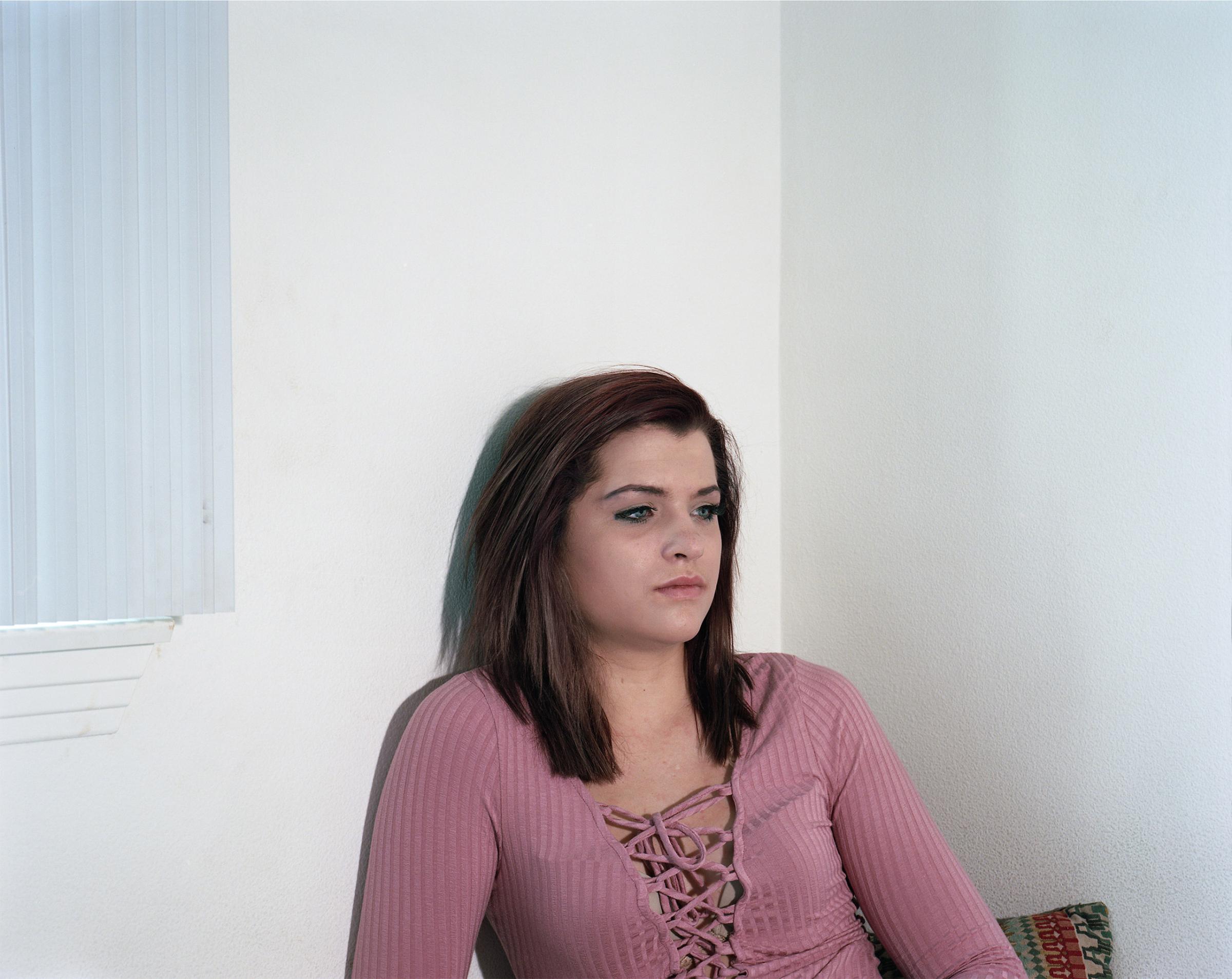
If you’re worried about an adolescent and aren’t sure what to do, you can this advice from Fadi Haddad, MD, a child and adolescent psychiatrist and the author of Helping Kids in Crisis. To read more about adolescents, depression and anxiety, check out our cover story, The Kids Are Not All Right.
Talk about the real stuff
Sometimes conversations between parents and teens can be all about achievements, schedules and chores. Go beyond that. Find out what keeps them up at night, and ask, “What’s the best part of your day?” Become attuned to their emotional world so that you understand what their dreams are, what they struggle with and how their life is going.
Give them space, but pay attention
Give teens space to grow and separate from you, but also watch for changes in behavior. Are they giving up activities they used to enjoy? Are they staying up all night or eating differently? Is your outgoing kid now withdrawn? If you’re worried, say so. Show interest in their internal life without judgment.
Resist getting angry
When parents learn a teen has been hiding something or is having behavior issues, the response is often anger or punishment. Instead, see what’s going on. If a kid is acting out or doing things like self-harming, skipping school, respond with compassion first. Say, “It seems like you’re having trouble, I’m here to help. Tell me what’s happening with you.”
Don’t put off getting help
If you’re worried about an adolescent, talk to a school counselor, therapist or doctor. It’s better to get help early, rather than when trouble has firmly taken hold.
Treat the whole family
When a kid is in crisis, many times it’s not enough to treat the child—you have to change the family dynamic. It’s possible that something about the home environment was causing the child stress, so be open to acknowledging that and getting family counseling if needed.
Learn more about adolescent mental health, including where to find help.
The Anxiety and Depression Association of America: Children and Teens
The National Alliance on Mental Illness: Teens and Young Adults: http://www.nami.org/Find-Support/Teens-and-Young-Adults
The National Institute of Mental Health: Teen Depression
The National Institute of Mental Health: Anxiety Disorders
The Substance Abuse and Mental Health Services Administration: Help and Treatment
And, for the teenage perspective on mental health, check out this short film.
To see what depression looks like through the eyes a teenager, have a look at this award-winning short film written and directed by Faith-Ann Bishop, the subject of TIME’s recent cover story on teens, depression and anxiety. She wrote the film when she was 15 as part of a program called Project AWARE in partnership with Acadia Hospital, both based in Maine. More than 30 other teenagers participated in the project. Bishop is now 20 years-old and a film student in Los Angeles.
More Must-Reads From TIME
- The 100 Most Influential People of 2024
- The Revolution of Yulia Navalnaya
- 6 Compliments That Land Every Time
- What's the Deal With the Bitcoin Halving?
- If You're Dating Right Now , You're Brave: Column
- The AI That Could Heal a Divided Internet
- Fallout Is a Brilliant Model for the Future of Video Game Adaptations
- Want Weekly Recs on What to Watch, Read, and More? Sign Up for Worth Your Time
Contact us at letters@time.com